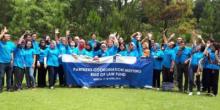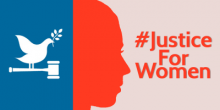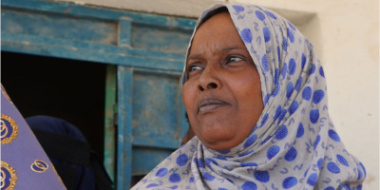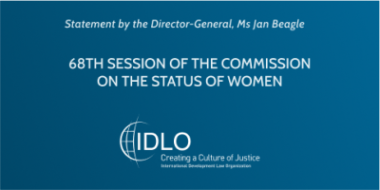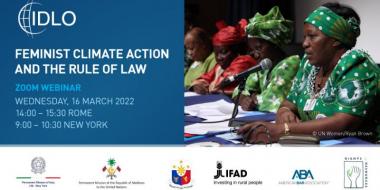Evaluation of the project "Strengthening Linkages Between Formal Justice System and Traditional Dispute Resolution System to Improve Access to Justice - Phase II"
As part of IDLO’s continuous commitment to accountability and results-based management, IDLO is pleased to share this Evaluation Brief for the project, "Strengthening Linkages Between Formal Justice System and Traditional Dispute Resolution System to Improve Access to Justice - Phase II". The evaluation has been conducted by independent evaluation experts, supervised by IDLO’s Evaluation Unit.





